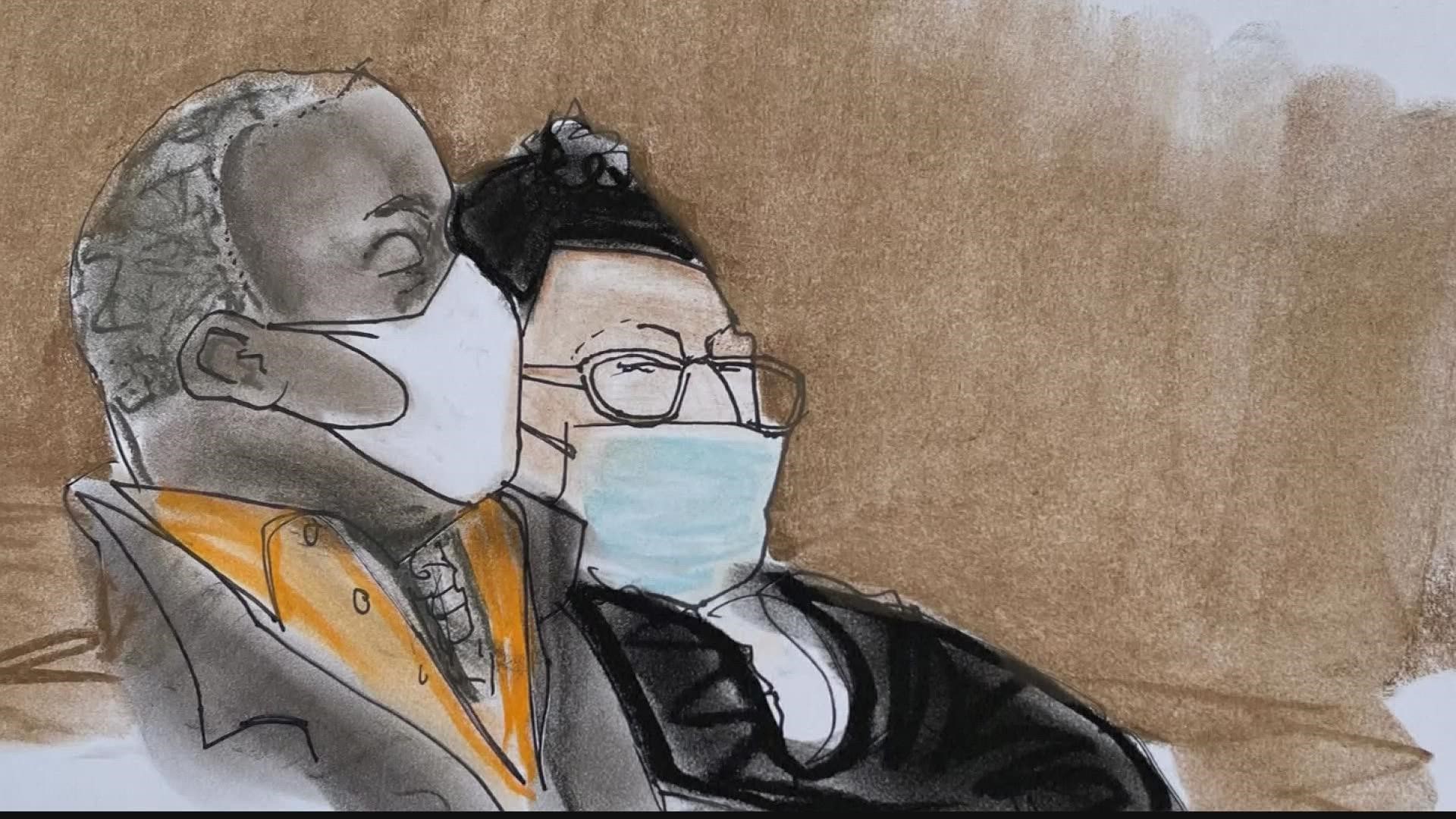BRUNSWICK, Ga. — A federal hate crimes trial for the killers of Ahmaud Arbery concluded Tuesday with what his family and advocates called a just verdict - guilty for all three men on all counts.
The trial sought to determine if father and son, Gregory and Travis McMichael, and their neighbor, William "Roddie" Bryan, violated Arbery's civil rights, which is a hate crime. The three men also faced an attempted kidnapping charge. The McMichaels faced additional charges for using and carrying a firearm during a violent crime, with Travis specifically being charged with discharging his weapon.
RELATED: Jury finds men who murdered Ahmaud Arbery guilty on all charges in federal hate crimes trial
Now that a federal jury has determined the murder of Arbery was motivated by race, it remains to be seen how the McMichaels and Bryan will be sentenced.
When will sentencing be held?
There is not yet a hard date set in stone for sentencing, but there are guidelines in place to make sure it happens fairly promptly.
There is first a 14-day period in which lawyers will be able to file post-trial motions, then the court conducts a pre-sentencing interview.
At that point, likely sometime in mid-March, sentencing would occur.
How are they likely to be sentenced?
Under federal civil rights statutes, a conviction of interference with rights that results in death is punishable by "imprisonment for any term of years or for life or may be sentenced to death."
So, on the most serious count which each man was convicted for, the penalty could be as serious as death or life in prison, or any number of years a judge otherwise decides on.
Could they ever get out of jail?
It is highly unlikely, bordering on virtually impossible, for Travis and Greg McMichael. A Georgia judge has already sentenced them to life without the possibility of parole, and they would need to win an appeal in Georgia state courts to overturn that in some way.
If that were to somehow happen, they would then still have whatever federal sentence falls upon them.
Bryan is also quite unlikely, though he was given the possibility of parole. Under Georgia law though, he won't be eligible for that until he has served 30 years. If he were to receive parole at that point, his coming federal sentence may keep him in prison beyond that time.

